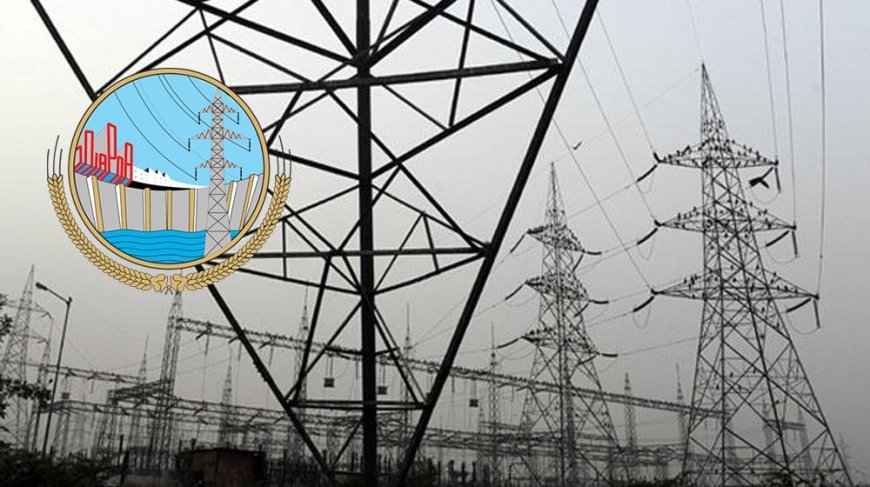WAPDA Seeks Major 90% Tariff Hike for Hydropower Supply
WAPDA has requested NEPRA to approve a 90% hike in hydropower tariffs to cover rising costs and fund ongoing projects, sparking concerns over higher electricity bills and economic impact.

The Water and Power Development Authority (WAPDA) has formally requested the National Electric Power Regulatory Authority (NEPRA) to approve a massive 90% hike in the tariff of electricity generated from hydropower projects across Pakistan.
According to WAPDA, the proposed increase is necessary to cover rising operational costs, meet debt servicing obligations, and finance ongoing hydropower projects crucial for the country’s energy security.
In its petition submitted to NEPRA, WAPDA highlighted several factors driving the proposed 90% increase:
-
Rising operational and maintenance costs of hydropower plants
-
Debt repayments for recently completed mega projects
-
Escalating construction costs of ongoing dams and reservoirs
-
The need to ensure a stable revenue stream for sustainable power generation
A senior WAPDA official stated:
“Pakistan’s hydropower sector is under immense financial strain. Without revising the tariffs, it will be extremely difficult to continue funding critical water and energy projects that are vital for the nation’s future.”
If NEPRA approves WAPDA’s demand, it could lead to a significant rise in overall electricity bills for consumers across Pakistan.
Although hydropower is considered a cheaper and renewable energy source, experts warn that this tariff hike could offset its affordability advantage, increasing the financial burden on households and industries.
Energy analysts have raised concerns that:
-
The cost of production for industries may rise sharply
-
Consumers could face higher electricity bills
-
The hike might slow economic growth by impacting manufacturing competitiveness
NEPRA has acknowledged WAPDA’s petition and announced that it will hold a public hearing to assess the financial, technical, and social impacts of the proposed hydropower tariff increase.
The regulator will seek input from:
-
Power distribution companies (DISCOs)
-
Independent experts
-
Consumer rights groups
-
Provincial governments
A final decision is expected after NEPRA completes its evaluation process and public consultations.
Hydropower remains one of the largest sources of electricity in Pakistan, contributing significantly to the national grid.
Key statistics highlight its importance:
-
Hydropower accounts for over 30% of total electricity generation
-
Pakistan relies heavily on WAPDA-managed projects for cheap and clean energy
-
Upcoming mega projects like Diamer-Bhasha Dam and Mohmand Dam aim to boost hydropower capacity
Given Pakistan’s increasing energy demand and reliance on imported fuels, hydropower plays a critical role in reducing dependence on costly fossil fuels.
Energy sector specialists believe that while WAPDA’s request is understandable, the scale of the increase raises concerns:
-
Some experts suggest a phased tariff adjustment rather than a 90% one-time hike
-
Others emphasize the need for government subsidies to protect low-income consumers
-
Industry leaders warn that a sudden spike could hurt economic recovery amid ongoing inflationary pressures
WAPDA’s demand for a 90% increase in hydropower tariffs underscores the financial challenges facing Pakistan’s energy sector.
While the authority argues that the hike is necessary to sustain critical infrastructure projects, the potential impact on electricity prices and economic stability has sparked nationwide debate.

 Ateeq Ur Rehman
Ateeq Ur Rehman